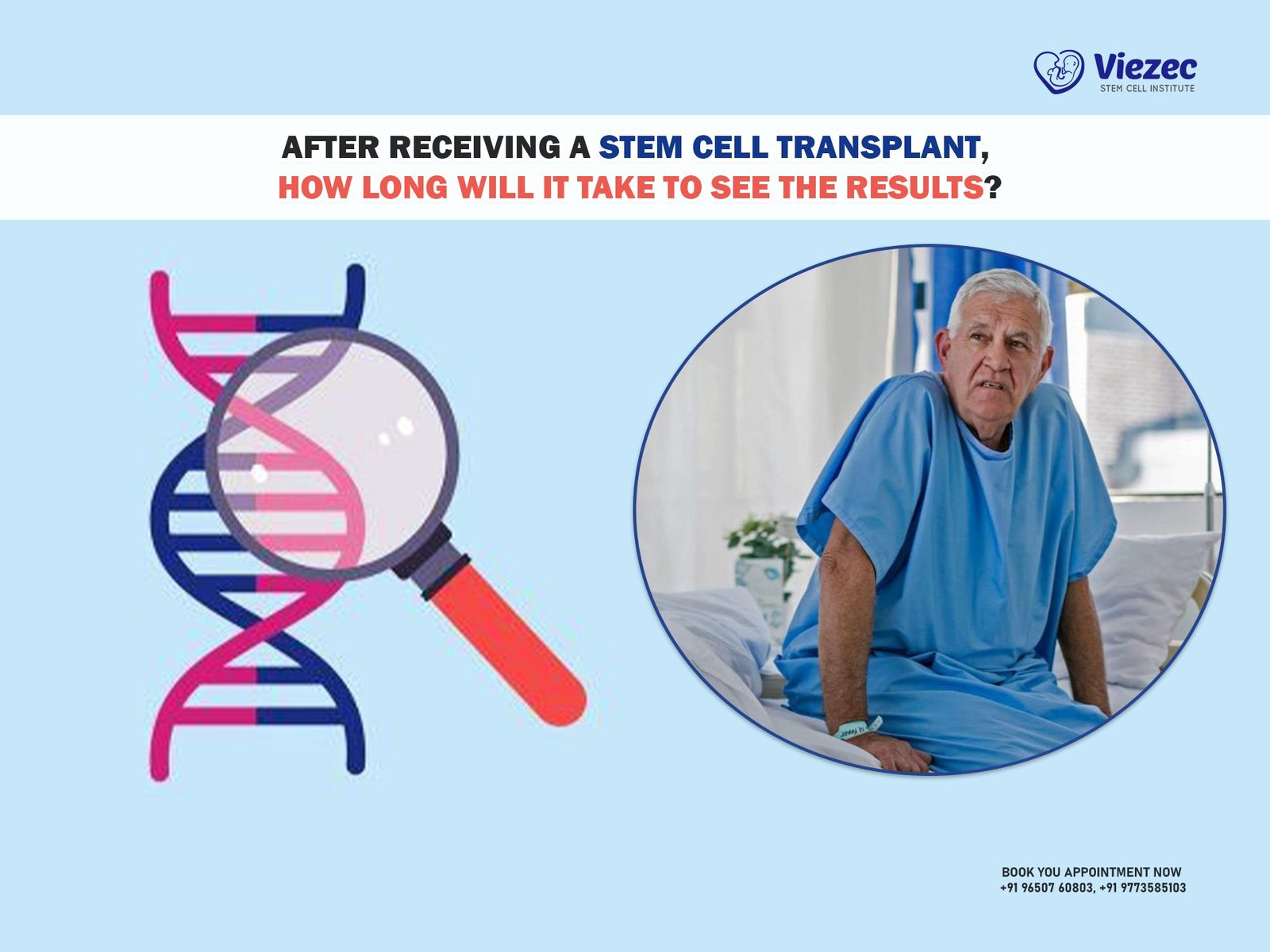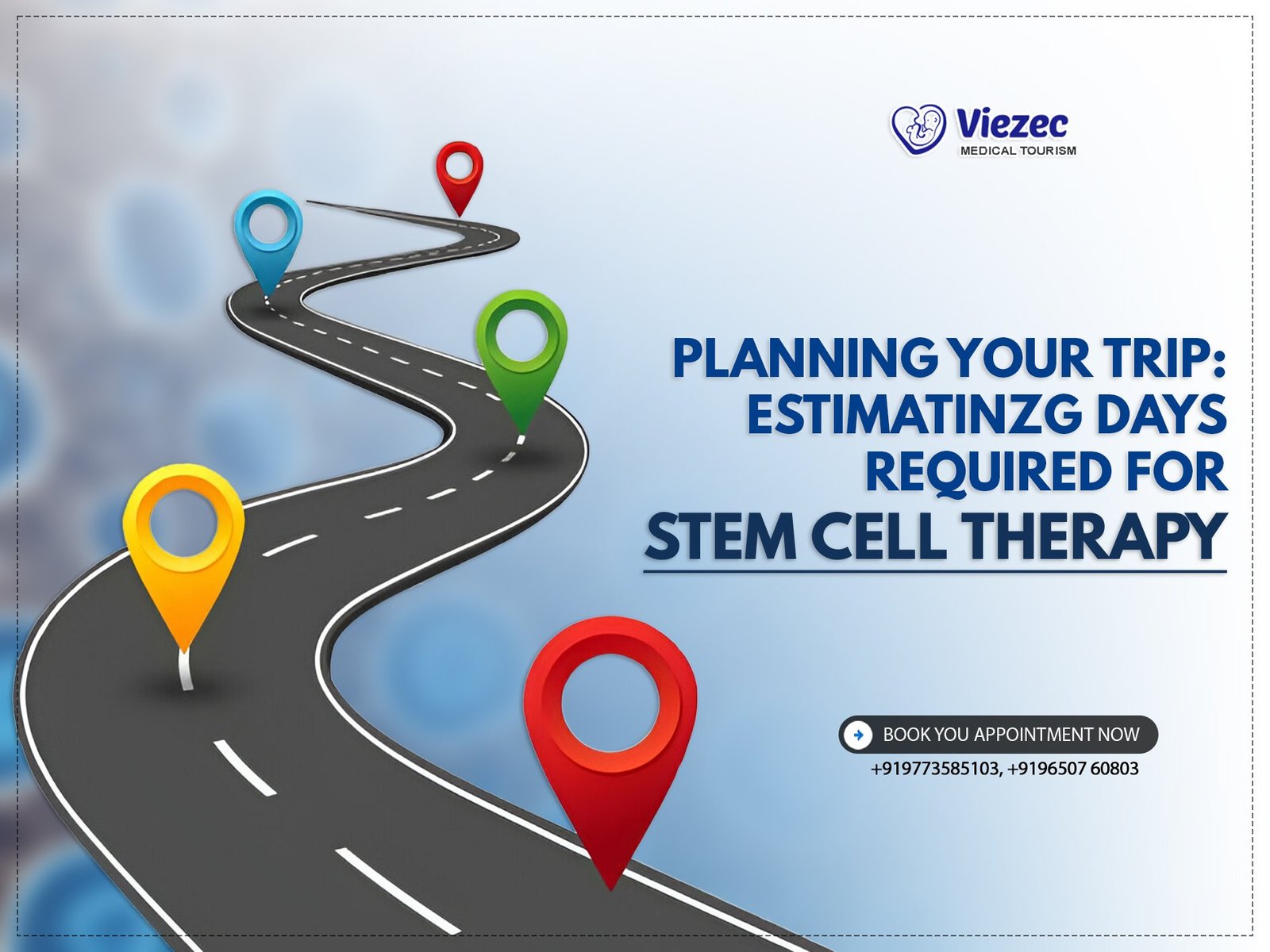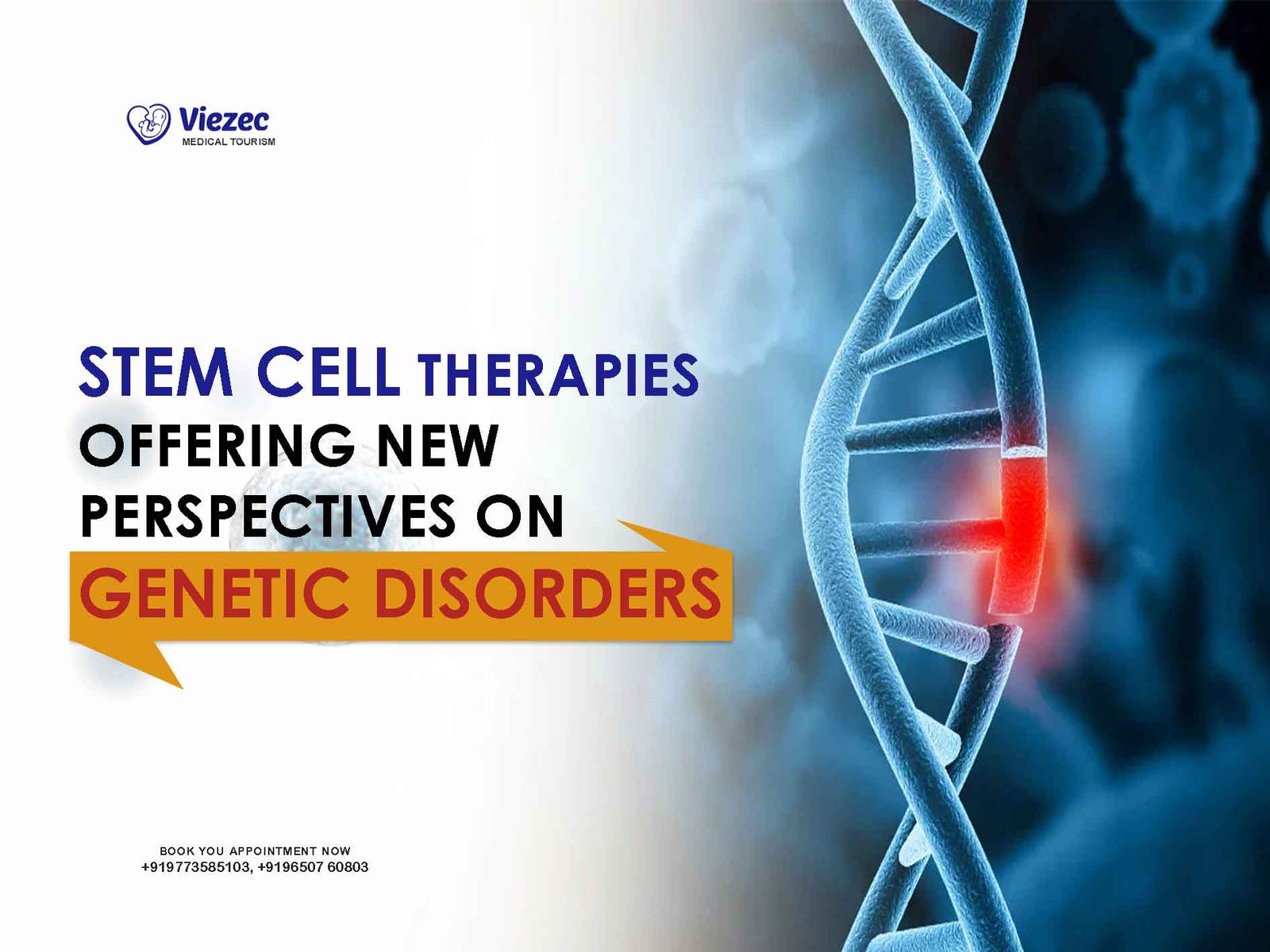In the sprawling landscape of India’s healthcare sector, a silent revolution is underway—one driven by remarkable advancements in stem cell treatment. These scientific breakthroughs are not just changing the way we approach healthcare; they are transforming lives and offering newfound hope to millions of patients across the nation.
Stem cells, often referred to as the body’s natural healers, have taken center stage in this medical renaissance. They possess the astonishing ability to regenerate and repair damaged tissues, promising innovative solutions for a wide array of health conditions. From neurological disorders to cardiovascular diseases and orthopedic ailments, stem cell therapy is rewriting the rulebook of treatment.
In this article, we embark on a journey into the world of stem cell treatment in India. We will explore the different types of stem cells, their applications, the groundbreaking research, and the ethical considerations that accompany this promising field. Join us as we unravel how these advancements are not just transforming India’s healthcare landscape but also shaping the future of medicine itself.
Historical Perspective
Stem cell research, although a relatively young field, has a rich history marked by significant milestones globally. In India, early developments in stem cell therapy gained momentum in the late 20th century, with scientists and medical professionals making pioneering contributions. These early endeavors laid the foundation for the sophisticated treatments available today.
Current Scenario of Healthcare in India
India’s healthcare system, while making strides in various aspects, faces numerous challenges. The burden of diseases, coupled with a growing population, necessitates innovative and effective medical solutions. Stem cell therapy emerges as a promising avenue, offering hope to patients grappling with chronic and debilitating conditions.
Advancements in Stem Cell Treatment in India
In recent years, Indian scientists and researchers have achieved notable breakthroughs in stem cell research. Leading institutions have made significant investments in state-of-the-art facilities and cutting-edge technologies, fostering an environment conducive to groundbreaking discoveries. These advancements have translated into successful treatments, with patients experiencing remarkable recoveries and improved quality of life.
Applications and Treatable Conditions
Stem cell therapy finds applications in various medical fields, including neurology, cardiology, orthopedics, and oncology. Conditions such as spinal cord injuries, heart diseases, arthritis, and certain types of cancer are now being treated with stem cell interventions. Ongoing research promises even more possibilities, raising hopes for patients with currently incurable diseases.
Benefits and Limitations
Compared to traditional treatments, stem cell therapy offers several advantages. It promotes natural healing processes, reduces the risk of rejection in transplant cases, and often eliminates the need for invasive surgeries. However, ethical concerns and limitations, such as the potential for uncontrolled cell growth, necessitate stringent regulations and ongoing research to ensure the safety and efficacy of these treatments.
Government Initiatives and Regulations
Recognizing the potential of stem cell research, the Indian government has implemented policies and regulations to govern its practice. These guidelines ensure ethical standards and patient safety while encouraging scientific innovation. Government initiatives and funding support have further propelled stem cell research, enabling India to stay at the forefront of medical advancements.
Cost and Accessibility
While the benefits of stem cell treatments are evident, their cost and accessibility pose challenges, especially for economically disadvantaged patients. Affordability remains a significant concern, prompting the need for increased awareness and governmental support to make these treatments accessible to a broader section of society. Addressing these issues is crucial to ensuring equitable healthcare for all.
Stem Cell Research Centers in India
India boasts several prestigious research institutions and centers dedicated to stem cell research. These centers collaborate with international counterparts, participate in clinical trials, and contribute significantly to the global scientific community. These collaborations foster an exchange of knowledge and expertise, accelerating the pace of discoveries in this field.
Case Studies and Patient Experiences
Real-life examples underscore the transformative impact of stem cell treatments on patients’ lives. Individuals suffering from debilitating conditions have experienced remarkable recoveries, restoring their mobility, independence, and overall well-being. These success stories serve as beacons of hope, inspiring others and highlighting the immense potential of stem cell therapy.
Future Prospects and Innovations
The future of stem cell research in India holds exciting possibilities. Researchers are exploring innovative techniques, such as induced pluripotent stem cells (iPSCs) and gene editing, opening new avenues for personalized and targeted treatments. Collaborative efforts between scientists, clinicians, and industry partners are expected to drive further innovations, shaping the future of healthcare in India.
Challenges and Ethical Considerations
Despite the promising potential of stem cell therapy, ethical considerations loom large. Questions about consent, genetic modifications, and the creation of designer babies necessitate careful ethical deliberation. Public awareness campaigns and educational initiatives are crucial to fostering informed discussions and ensuring that scientific advancements align with ethical principles.
Advancements in stem cell treatment are undeniably transforming India’s healthcare landscape. With ongoing research, government support, and international collaborations, the country is poised to make significant strides in the field of regenerative medicine. Stem cell therapy not only offers hope to patients but also represents a paradigm shift in healthcare, emphasizing personalized, innovative, and effective treatments.
FAQs
What are stem cells, and how do they work in medical treatments?
Stem cells are undifferentiated cells capable of developing into various cell types. In medical treatments, they can repair or replace damaged tissues, offering potential cures for various diseases.
What conditions can be treated with stem cell therapy in India?
Stem cell therapy in India is used to treat conditions like spinal cord injuries, heart diseases, arthritis, and certain types of cancer, among others.
What are the ethical concerns surrounding stem cell research and treatments?
Ethical concerns include issues related to consent, genetic modifications, and the creation of designer babies. These require careful consideration and regulation.
Are stem cell treatments in India affordable and accessible to all?
The affordability and accessibility of stem cell treatments vary, and challenges remain in ensuring equitable access to these innovative therapies.
What does the future hold for stem cell research in India?
The future of stem cell research in India looks promising, with ongoing innovations like induced pluripotent stem cells and gene editing expected to shape personalized and targeted treatments.











